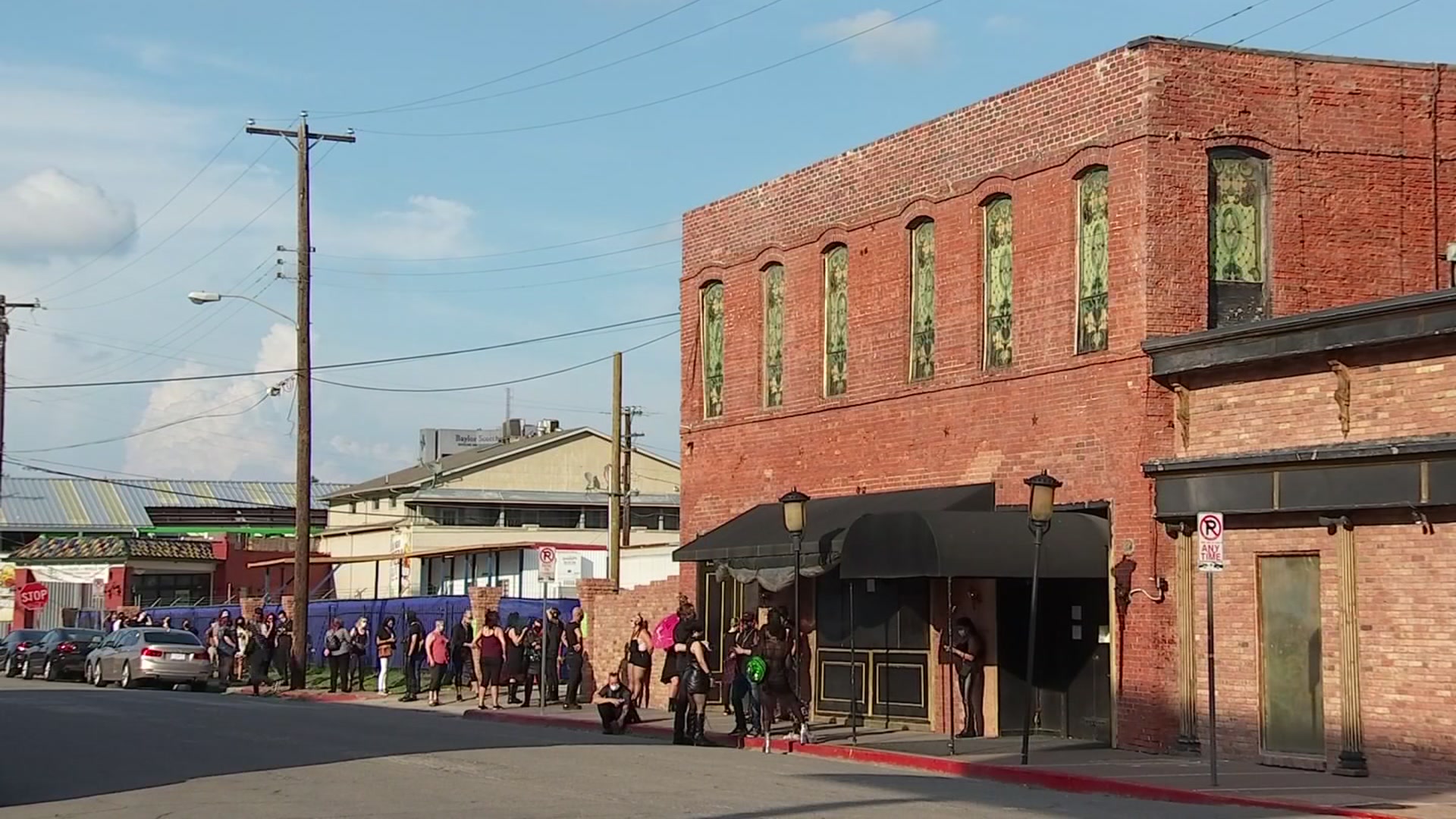Two brothers from Africa – who call North Texas their home – are shining a light on National Sickle Cell Awareness Month.
Teenagers David and Samuel Tshiongo are from the Democratic Republic of the Congo, and they have battled sickle cell all of their lives.
Samuel, who is turning 14 this month, and David, who will be 16 in February, are healthier and thriving after years of overcoming the odds. They hope sharing their story and the symptoms they experienced when they were younger can help educate other families.
"When I see them, I just thank God because of knowing where we came from and where they are now today," said Massy Tshiongo, the boys' mother.
Get DFW local news, weather forecasts and entertainment stories to your inbox. Sign up for NBC DFW newsletters.
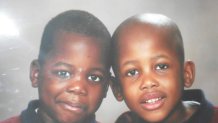
Sickle cell is an inherited disease where red blood cells are "C" shaped, hence the name after the farming tool. Those cells become hard and sticky, which can cause blockages. The cells also die early, creating a constant shortage of red blood cells.
David’s Fight
Local
The latest news from around North Texas.
David, the oldest out of four boys, was born in Atlanta in 2006. After one week, doctors diagnosed him with sickle cell anemia and was put on penicillin to prevent infection.
When he turned 6-months-old, the family moved back to the Democratic Republic of the Congo and just months later, his first major sickle cell symptom started with one of his hands swelling up.
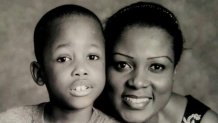
David was sick very often while growing up and missed school to seek treatment from doctors. It wasn’t until the family traveled to Belgium did a local hospital additionally diagnose him as a sickle cell patient with a G6 PD deficiency. That’s when the seizures began.
The convulsions caused David to lose the ability to talk correctly. He was also diagnosed with moyamoya syndrome, a chronic and progressive condition of the arteries in the brain, resulting in two major brain surgeries.
David is now in the 10th grade in a special education program, as the convulsions he experienced as a young boy damaged his brain’s cognitive side. But he has a love for soccer and volleyball and a knack for cooking. His mother said he wants to be a chef.
“It shouldn’t be seen like a death sentence,” said Massy. “For families that are in the same situation, we want them to be strong.”
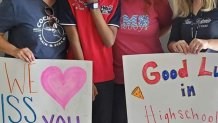
Samuel’s Fight
While David was going through his own battle, his younger brother Samuel was starting his fight with sickle cell as well.
Samuel was born in the Congo in 2007 but wasn’t diagnosed with the disease until he was nearly two years old while traveling with the family in Belgium.
His mother said when he was born he did not get a baby screening, which is usually performed at one week of age. During these screenings, doctors are able to detect if he had sickle cell or not, like it was the case for his big brother born in the United States.
At 13-months-old, Samuel contracted malaria, which led to a stroke and affected his ability to walk.
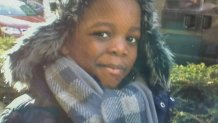
Physical therapy sessions helped him to walk again at just 20-months-old, with continued therapy until he was 11. Like his brother, Samuel spent a lot of time at the doctor which caused him to miss school often.
Before arriving in the US, the family moved to Belgium in 2010, which allowed the boys to get access to regular care to help with the disease. The family then moved to the Dallas area in 2012, where the boys continue to care at Children’s Health.
Now, the brothers only miss school for scheduled appointments.
“One thing I have to say is that it gets easier with time. It becomes a routine and it gets easier because right now I’m not taking as many medications as I was five years ago,” Samuel said. “It’s easier for me to do things because I find ways to work around sickle cell.”
Samuel is now the manager of his football team at school, serves as a youth minister, and has dreams of being a psychiatrist or joining the Special Olympics one day.
“Don’t think that because you have some sort of disability, whether it be physical, mental or related to your genes or blood, that you can’t do sports,” he said. “So chase after what you’d like to do."
A Shining Light
The brothers have even become leaders in sickle cell awareness at Children's Health, where they continue to receive treatment.
“We are thankful to see all of the dedication from the nurses and doctors. They do everything to make sure they are in good health,” said Massy. “They take really good care of my boys.”
September is Sickle Cell Awareness Month.
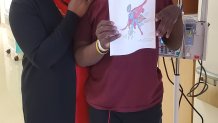
The boys and their family created a nonprofit called Fondation Les Frères de Zoé, or Zoe Brothers Foundation, aiming to raise awareness of sickle cell in the Congo and encourage people to test their blood. The country ranks number three in the world with the highest numbers of sickle cell amongst their population.
“Back there, the sickle cell disease is not seen as well as it is here. Over there, sickle cell is still taboo. People don’t talk about it because people are mostly ashamed. They don’t want to be judged,” said Massy. “We are really open to talk about it and raise awareness because we want people to know all of the complications that this disease can cause.”
How to Help
One of the ways people can help those with SCD is by donating blood. People with SCD can often relieve the symptoms of their disease and prevent complications by having blood transfusions from donors.
Blood from Black donors is especially important because genetically similar blood is preferred for those who need repeated or more regular blood transfusions for conditions like sickle cell disease, which primarily affects the Black population. Genetically similar blood is less likely to be rejected by the patient.
There is currently a national shortage of blood in blood banks. To find out where you can donate blood visit the American Red Cross or Carter BloodCare.


